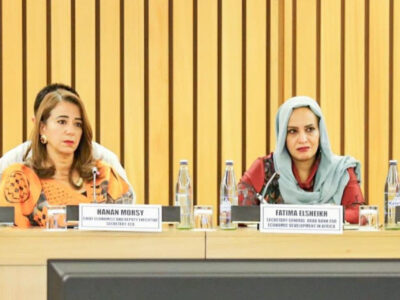Zambia experienced a remarkable turnaround in 2023, recording a net inflow of US$658.1 million in private sector foreign liabilities, marking a significant shift from the US$190.9 million net outflow in 2022, according to the latest report.
Bank of Zambia (BoZ) Governor, Dr. Denny Kalyalya, attributed the improvement to a surge in foreign direct investment (FDI), which reached a net inflow of US$641.1 million compared to the US$65.1 million net outflow the previous year.
Read more: Bank of Zambia hikes policy rate to 14% as inflation pressures mount
“This rise in FDI was primarily driven by inter-company debt in sectors such as manufacturing, wholesale and retail trade, and mining,” Kalyalya said.
He stated that retained earnings from higher profitability in the mining, real estate, and financial sectors also played a key role in the rebound.
Speaking during the Dissemination Workshop for the 2024 Foreign Private Investment and Investor Perception Survey in Lusaka, Kalyalya revealed that FDI inflows in the first half of 2024 alone reached US$580.5 million.
In a speech read on his behalf by Rekha Mhango Deputy Governor of Administration, Kalyalya pointed out that the mining sector, bolstered by inter-company debt, was a leading driver of this increase, reflecting improved investor confidence.
The growth in FDI is expected to strengthen Zambia’s foreign exchange reserves, stabilize the Kwacha, and enhance export capacity.
However, despite these gains, the stock of private sector foreign liabilities fell by 8.6 percent to US$16.6 billion in the first half of 2024, driven by higher loan repayments in the mining and quarrying sectors.
Private sector foreign assets grew by 5.9 percent in 2023 to US$2.7 billion, largely driven by outstanding trade receivables and increased investments abroad, particularly in Switzerland.
FDI accounted for 77 percent of the total private sector foreign liabilities.
“This reflects a stronger business environment,” Dr. Kalyalya noted, adding that companies with foreign ownership are thriving despite challenges such as rising energy costs, inflation, and the depreciating Kwacha.
Acting Statistician General, Sheila Mudenda, stated the importance of statistical evidence in shaping policy and decision-making.
She praised the collaborative efforts of the Balance of Payments Statistical Committee, including BoZ, Zambia Development Agency (ZDA), and Zambia Statistics Agency, in producing internationally compliant data.
“Data-driven decision-making is central to the 8th National Development Plan and the second National Strategy for the Development of Statistics,” Mudenda said.
BoZ pledged to maintain prudent monetary policies, support liquidity management, and introduce foreign exchange reforms to foster stability and inclusive growth.
WARNING! All rights reserved. This material, and other digital content on this website, may not be reproduced, published, broadcast, rewritten or redistributed in whole or in part without prior express permission from ZAMBIA MONITOR.












Comments